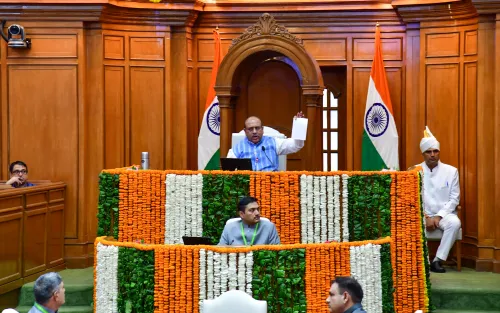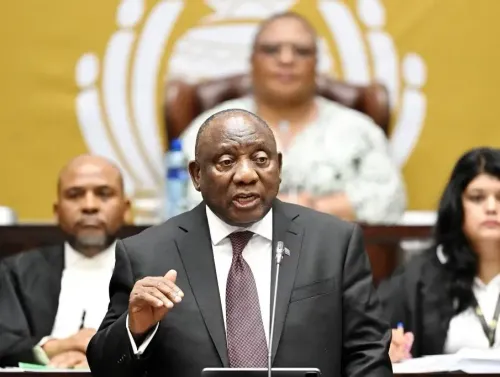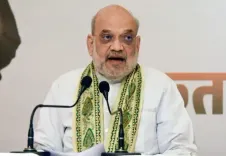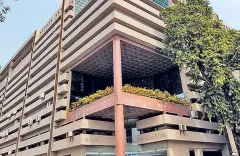Supreme Court: AG's Approval Needed for Contempt Action Against BJP's Nishikant Dubey
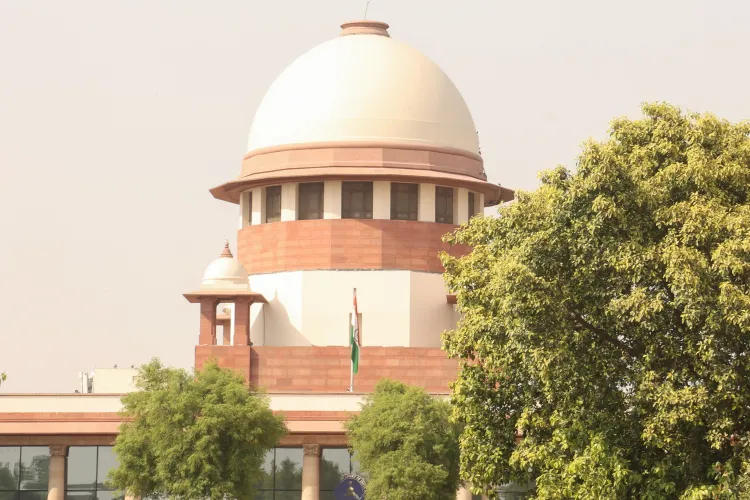
Synopsis
Key Takeaways
- Supreme Court requires AG's consent for contempt actions.
- BJP MP Nishikant Dubey criticized judiciary's role.
- Political tensions rise over judiciary's independence.
- Government assures no changes to Waqf provisions.
- J.P. Nadda distances BJP from MPs' statements.
New Delhi, April 21 (NationPress) The Supreme Court informed a lawyer on Monday that he requires the consent of the Attorney General (AG) of India to begin contempt proceedings against BJP Lok Sabha member Nishikant Dubey due to his objectionable comments about the judiciary and the Chief Justice of India (CJI).
“You can file it (criminal contempt plea). For filing, you do not need our permission. Build a case before the AG. He will authorize it,” stated a Bench of Justices BR Gavai and AG Masih.
According to Section 15 (1) (b) of the Contempt of Courts Act, 1971, the Supreme Court can only initiate criminal contempt proceedings based on a private complaint after obtaining written consent from the Attorney General or the Solicitor General.
While hearings on the constitutionality of the Waqf (Amendment) Act, 2025 were ongoing, Nishikant Dubey criticized the judiciary’s involvement in legislative affairs, implying that if courts take on lawmaking responsibilities, the relevance of Parliament diminishes.
Dubey's statements aimed at the Supreme Court have gained notable attention, particularly his use of the term “anarchy” and accusations of “inciting religious wars.”
This debate has ignited political discussions, with opposition groups like Congress accusing the BJP of trying to weaken the judiciary.
During the proceedings, the Central government assured the Supreme Court that it would not eliminate provisions concerning 'Waqf-by-user' or incorporate non-Muslim members into the Waqf Board.
This promise came after the apex court hinted it might contemplate suspending portions of the law.
Meanwhile, the Bharatiya Janata Party (BJP) distanced itself from comments made by two of its Members of Parliament (MPs) – Nishikant Dubey and Dinesh Sharma – emphasizing that these remarks were “personal opinions” and do not represent the party’s views.
In a statement on X, BJP leader J.P. Nadda clarified the party’s stance regarding the MPs' comments.
“The BJP has no association with the statements made by BJP MPs Nishikant Dubey and Dinesh Sharma concerning the judiciary and the Chief Justice of the nation. These are their individual views, and the BJP neither endorses nor supports such remarks. The BJP entirely rejects these comments,” stated J.P. Nadda.
The party reiterated its dedication to respecting judicial decisions and has instructed its members to avoid making similar remarks in the future.
Dubey's comments resonate with earlier criticisms of the judiciary from Vice President Jagdeep Dhankhar, who questioned the judges' involvement in legislative functions.
These events have fueled broader conversations about the power dynamics between India’s legislative and judicial branches and their effects on democratic governance.
The Supreme Court recently ruled that Governor R.N. Ravi's refusal to approve ten Bills in Tamil Nadu was both “illegal and arbitrary” and set a three-month deadline for Presidential and gubernatorial approval of Bills passed by the legislature for a second time.
Additionally, the court suggested that the President should seek the Supreme Court's advice on Bills involving Constitutional matters.



